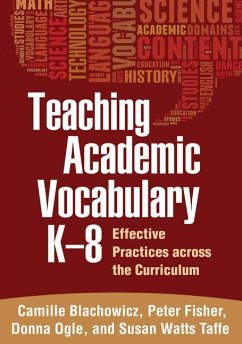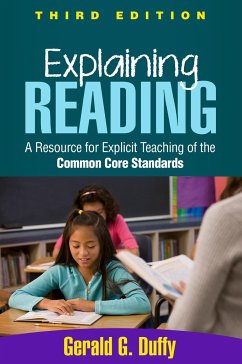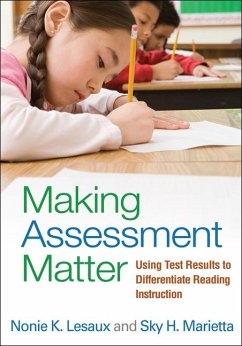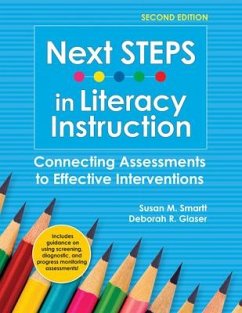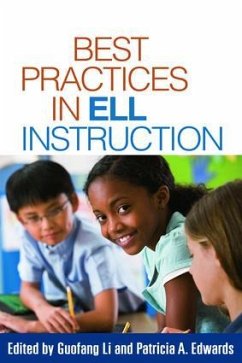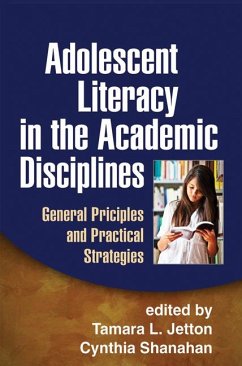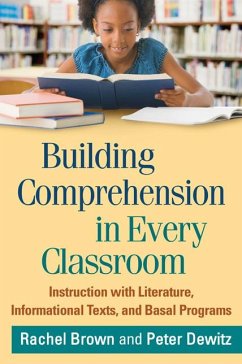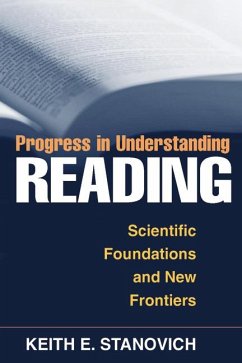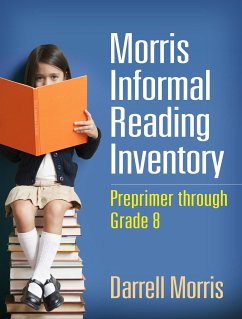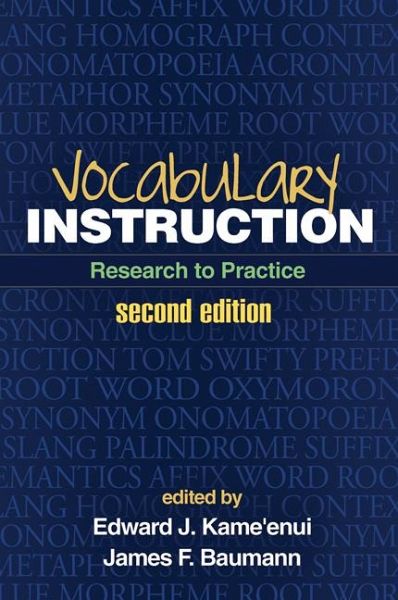
Vocabulary Instruction
Research to Practice
Herausgeber: Kame'enui, Edward J; Baumann, James F

PAYBACK Punkte
21 °P sammeln!
This highly regarded work brings together prominent authorities on vocabulary teaching and learning to provide a comprehensive yet concise guide to effective instruction. The book showcases practical ways to teach specific vocabulary words and word-learning strategies and create engaging, word-rich classrooms. Instructional activities and games for diverse learners are brought to life with detailed examples. Drawing on the most rigorous research available, the editors and contributors distill what PreK-8 teachers need to know and do to support all students' ongoing vocabulary growth and enjoym...
This highly regarded work brings together prominent authorities on vocabulary teaching and learning to provide a comprehensive yet concise guide to effective instruction. The book showcases practical ways to teach specific vocabulary words and word-learning strategies and create engaging, word-rich classrooms. Instructional activities and games for diverse learners are brought to life with detailed examples. Drawing on the most rigorous research available, the editors and contributors distill what PreK-8 teachers need to know and do to support all students' ongoing vocabulary growth and enjoyment of reading. &




